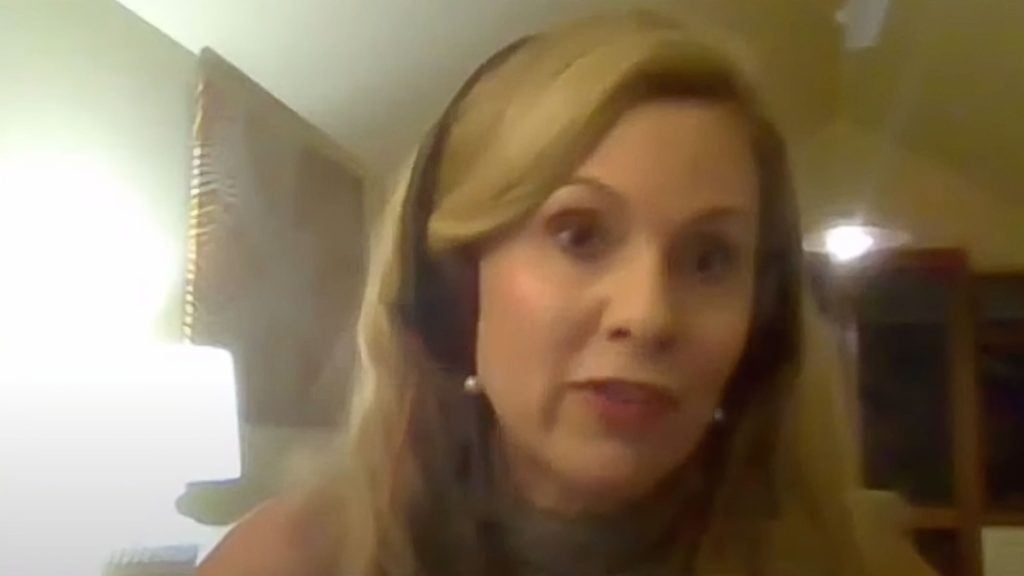
Australia’s eSafety Chief Pushes for More Censorship After Online “Hate” Research
After a legal setback, eSafety’s Julie Inman Grant pushes for more speech policing, urging platforms to ramp up enforcement of speech.

After a legal setback, eSafety’s Julie Inman Grant pushes for more speech policing, urging platforms to ramp up enforcement of speech.
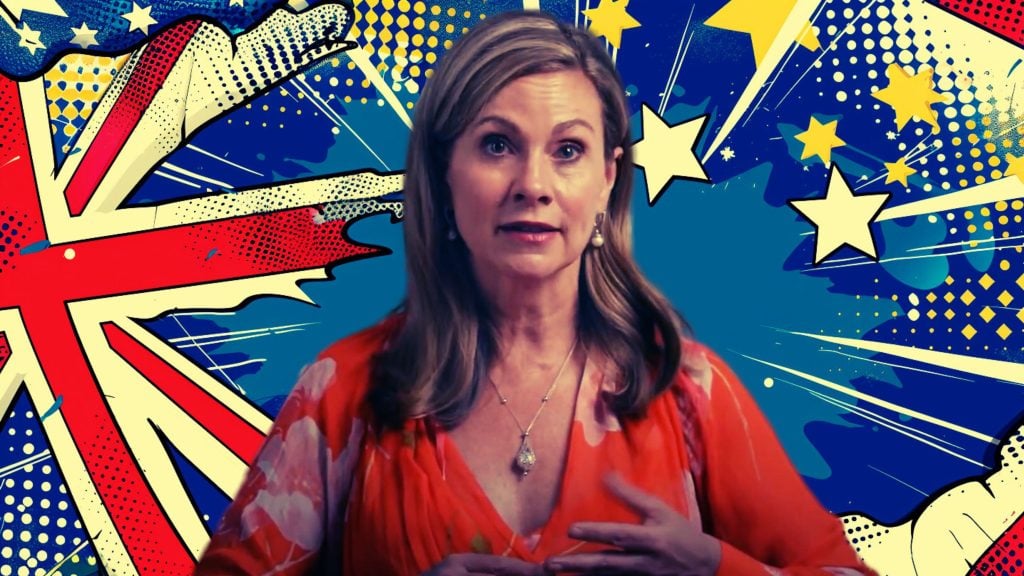
The tribunal’s decision exposes how “informal” censorship notices can still carry official weight.
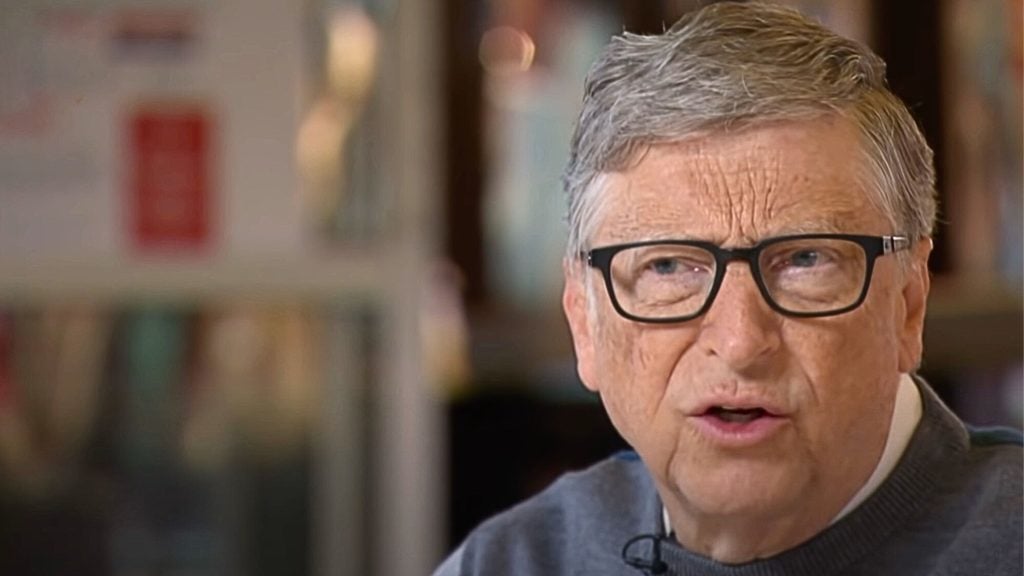
Gates backs Australia’s strict social media age law, calling it a “fascinating” experiment in online control.

Rumble’s new payout model rewards creators based on watch time, new signups, and premium subscriptions, redefining how online content is monetized.
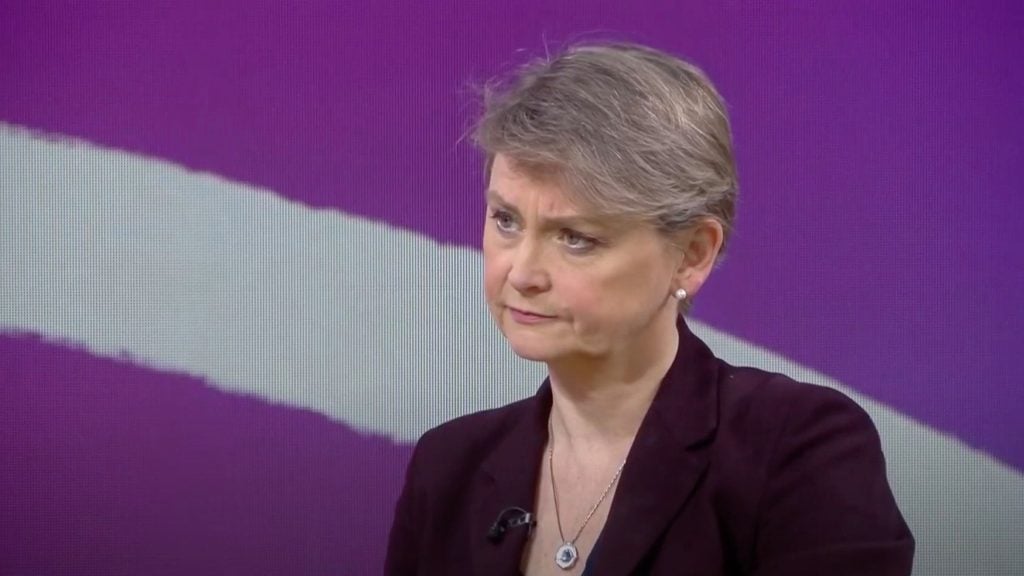
Officials push tech giants to censor content, sidestepping concerns over press freedom and evidence preservation.

Global spy alliance shifts focus to encryption, calling for sweeping collaboration across governments and tech platforms.
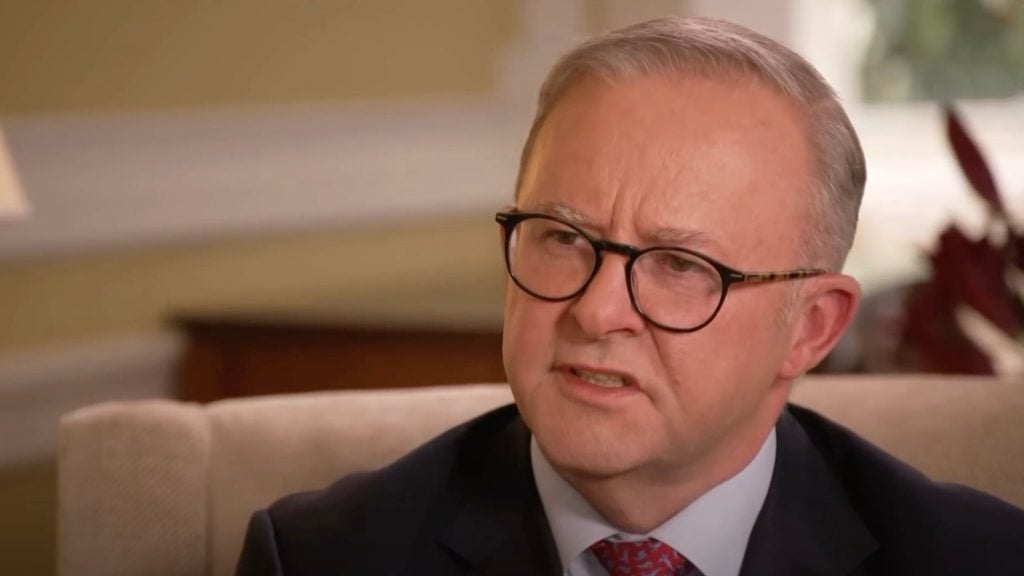
Mass surveillance.

Australia’s U-turn on social media fines underscores a heated battle between regulation and free expression.
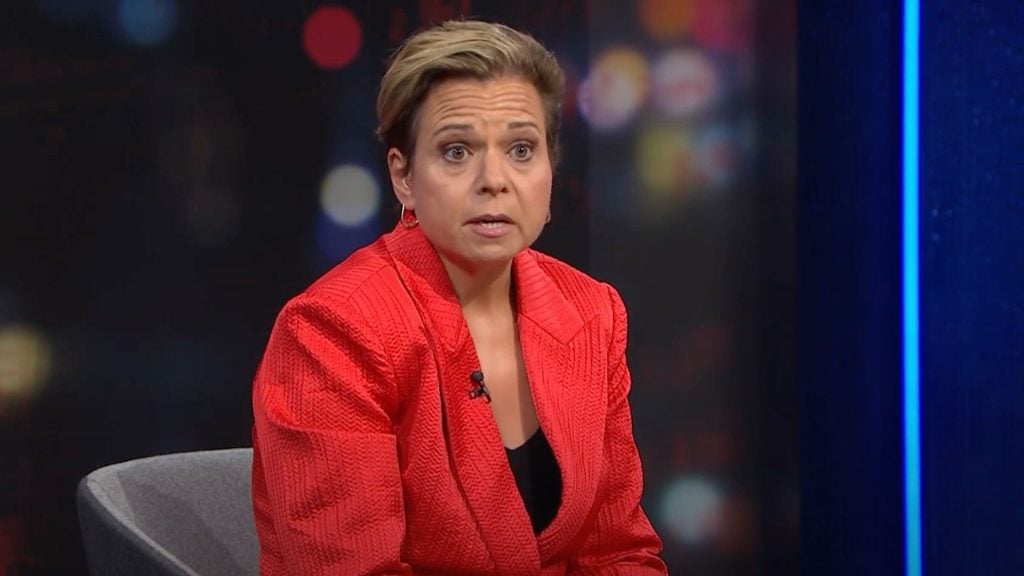
A “Digital Duty of Care” raises fresh concerns over censorship and government overreach in Australia’s push for safer platforms.
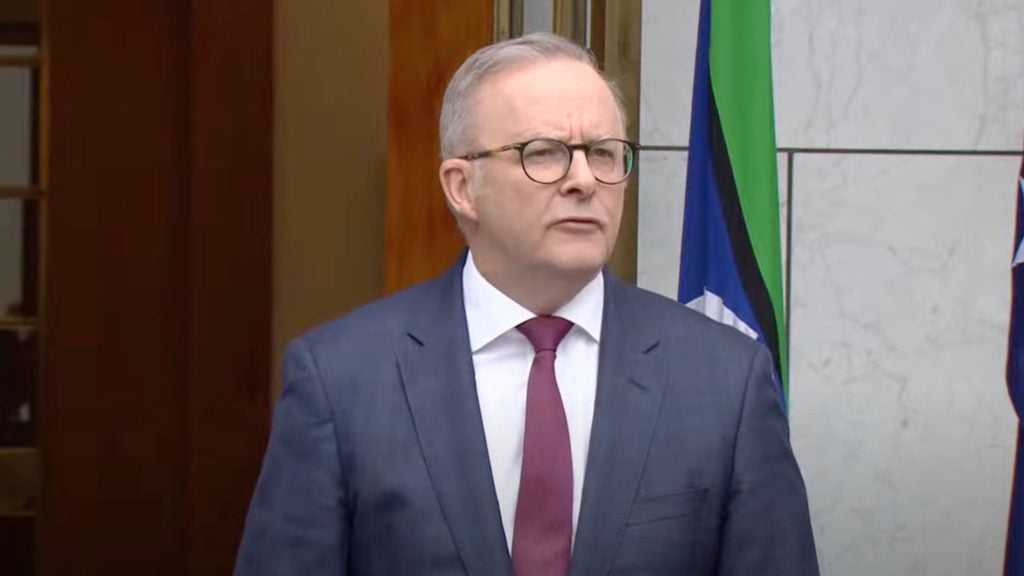
Tech giants face pressure in Australia as new “age assurance” law seeks to bar under-16s from social media.
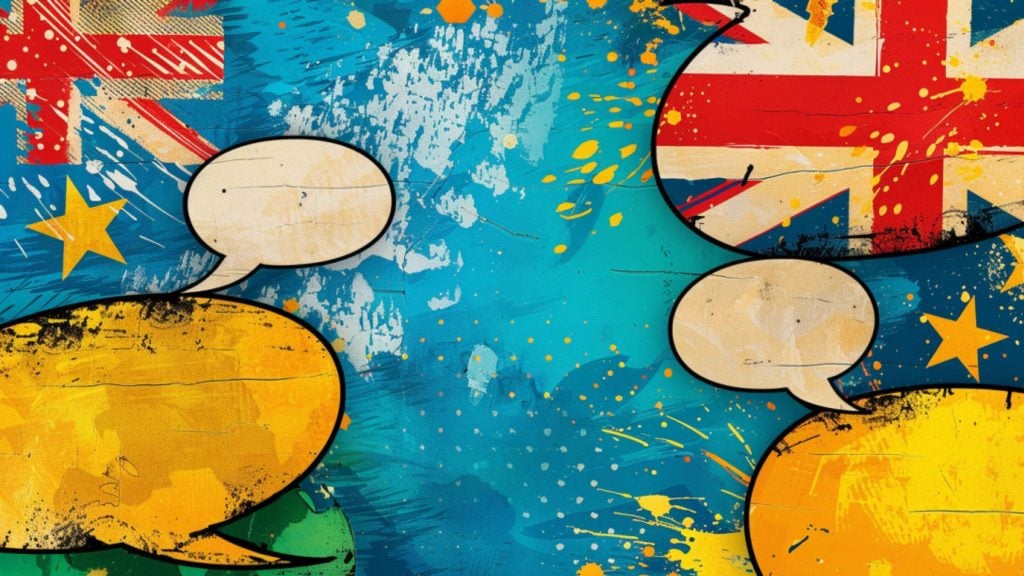
The MAD Bill passes the House, sparking fierce debate over free speech and surveillance in Australia.

Session relocates to Switzerland in response to Australian police visit, reflecting privacy-first stance amid rising global government pressures.
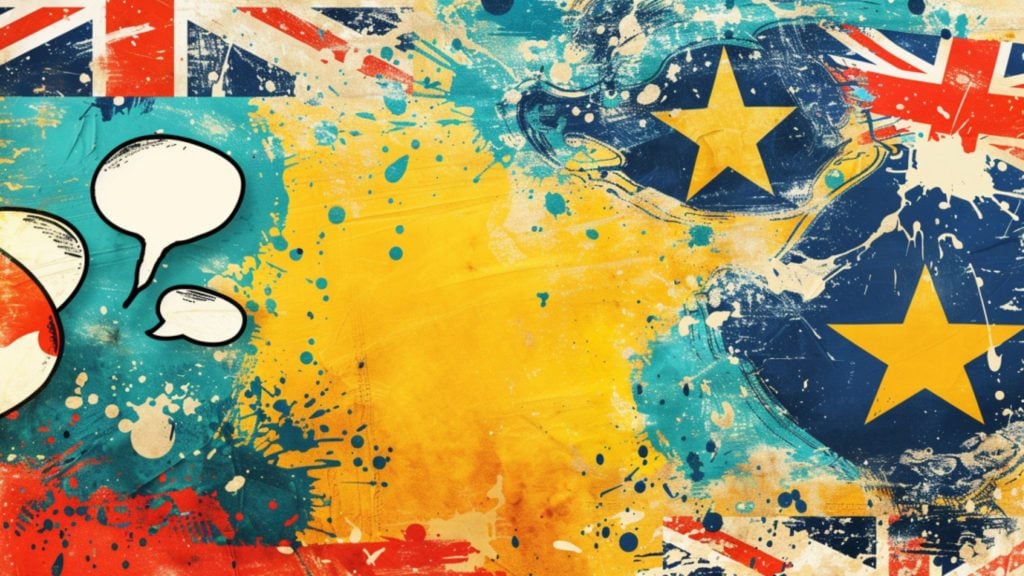
Religious leaders fear the bill’s vague definitions could lead to over-censorship, stifling legitimate faith-based discussions.
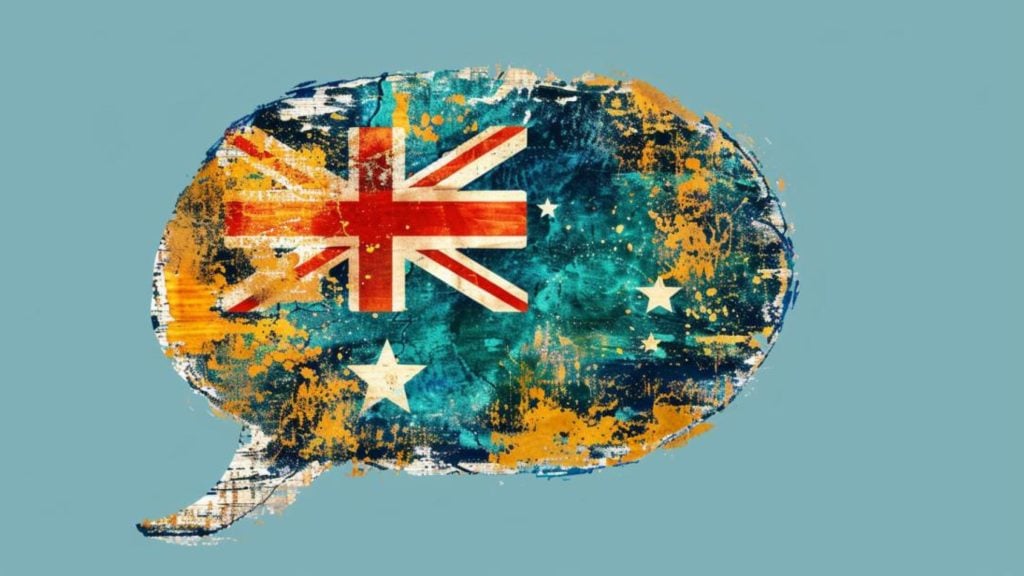
Opponents argue that the proposed laws will empower bureaucrats to determine “official truth,” creating a chilling effect on political debate.
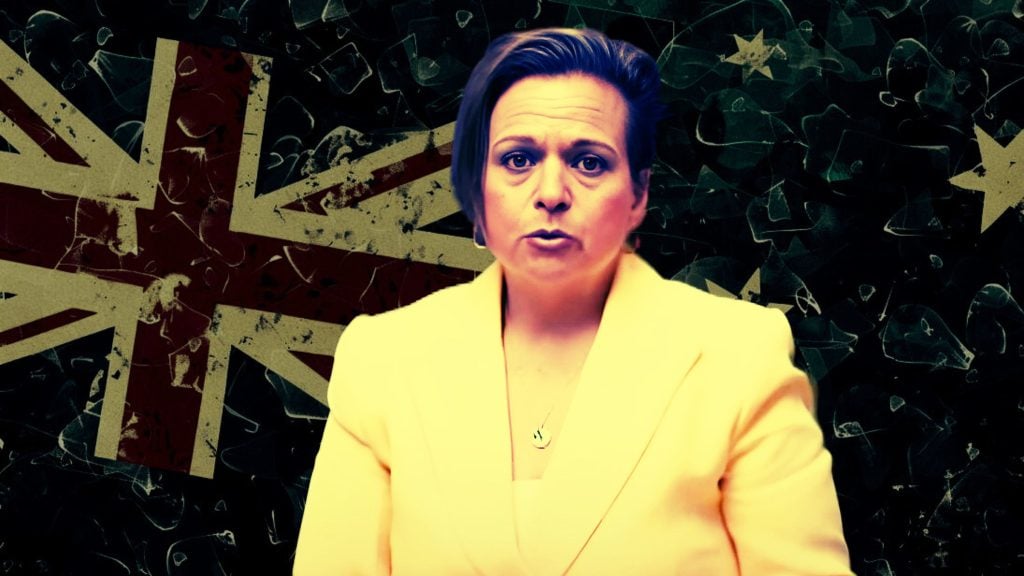
A major turning point in Australia’s move against free speech.
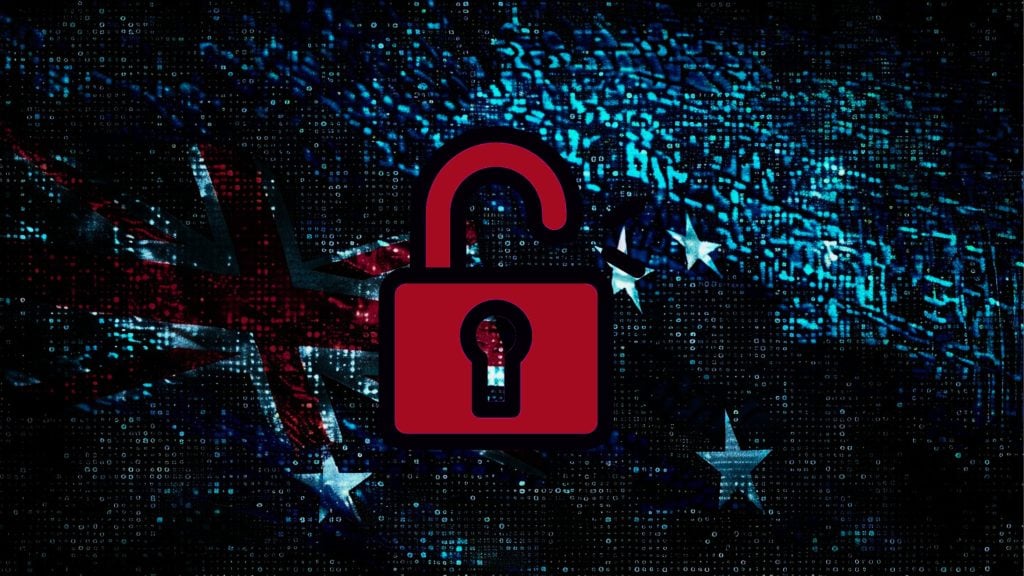
ASIO revives encryption-breaking ambitions, framing it as cooperation, not mass surveillance.

Opening Pandora’s box.
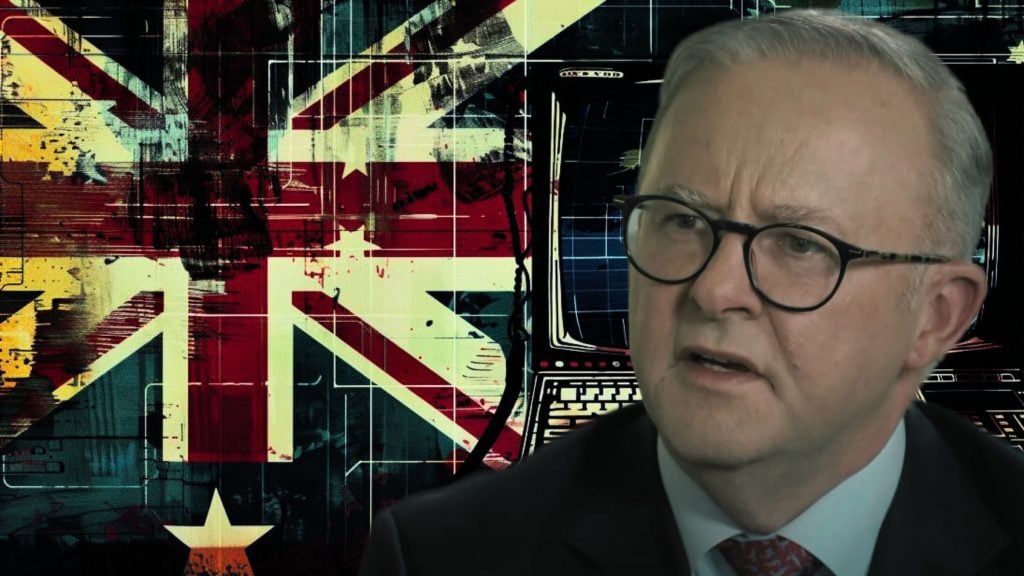
Ironic.
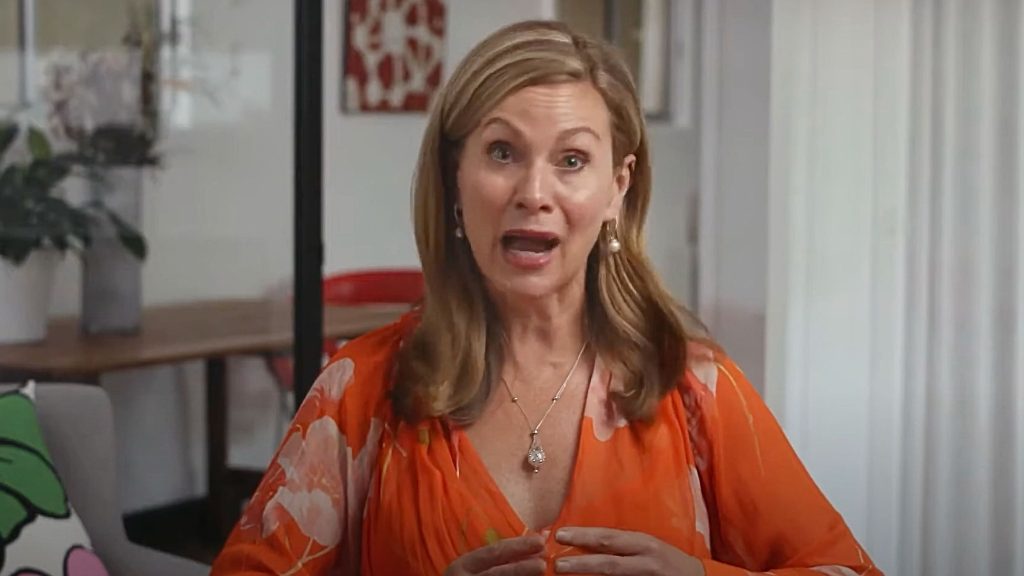
Critics argue that Inman Grant’s comments compromise her impartiality in overseeing online content regulation.

Newly released documents reveal inconsistencies between Grant’s public warnings and actual complaints data.
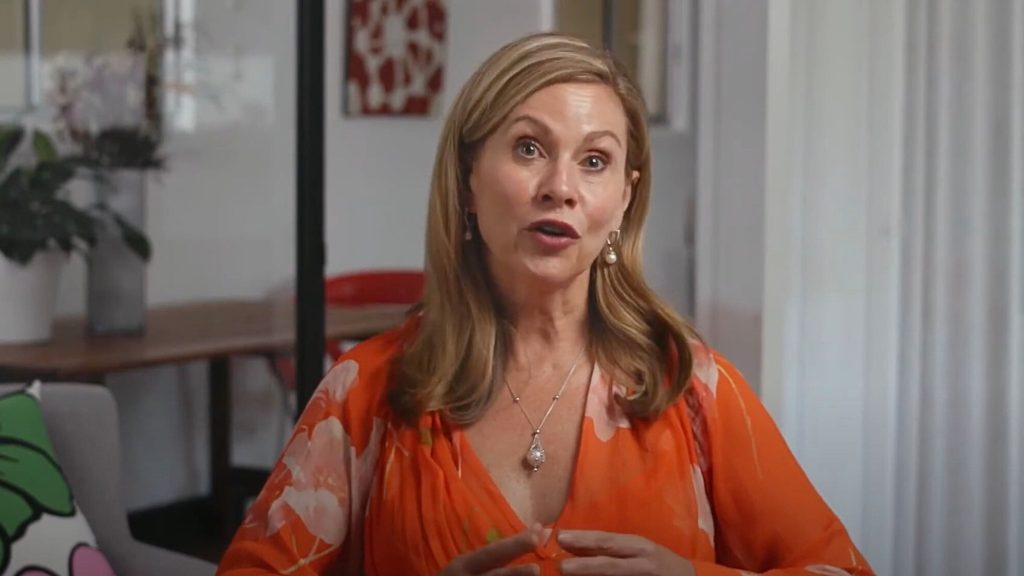
Australia continues its anti-privacy push.

New Zealand’s push reveals the Five Eyes alliance’s massive increase in biometric surveillance on global travelers.

Australia’s major political parties support digital ID.
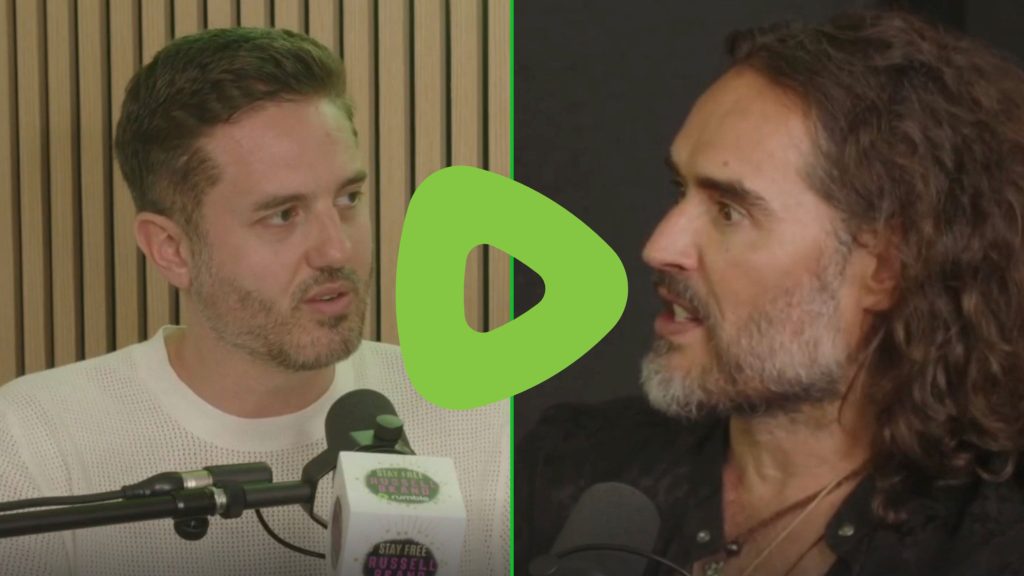
Rumble CEO Chris Pavlovski condemns Western governments for eroding free speech protections under the guise of national security and public health.

After a legal setback, eSafety’s Julie Inman Grant pushes for more speech policing, urging platforms to ramp up enforcement of speech.

The tribunal’s decision exposes how “informal” censorship notices can still carry official weight.

Gates backs Australia’s strict social media age law, calling it a “fascinating” experiment in online control.

Rumble’s new payout model rewards creators based on watch time, new signups, and premium subscriptions, redefining how online content is monetized.

Officials push tech giants to censor content, sidestepping concerns over press freedom and evidence preservation.

Global spy alliance shifts focus to encryption, calling for sweeping collaboration across governments and tech platforms.

Mass surveillance.

Australia’s U-turn on social media fines underscores a heated battle between regulation and free expression.

A “Digital Duty of Care” raises fresh concerns over censorship and government overreach in Australia’s push for safer platforms.

Tech giants face pressure in Australia as new “age assurance” law seeks to bar under-16s from social media.

The MAD Bill passes the House, sparking fierce debate over free speech and surveillance in Australia.

Session relocates to Switzerland in response to Australian police visit, reflecting privacy-first stance amid rising global government pressures.

Religious leaders fear the bill’s vague definitions could lead to over-censorship, stifling legitimate faith-based discussions.

Opponents argue that the proposed laws will empower bureaucrats to determine “official truth,” creating a chilling effect on political debate.

A major turning point in Australia’s move against free speech.

ASIO revives encryption-breaking ambitions, framing it as cooperation, not mass surveillance.

Opening Pandora’s box.

Ironic.

Critics argue that Inman Grant’s comments compromise her impartiality in overseeing online content regulation.

Newly released documents reveal inconsistencies between Grant’s public warnings and actual complaints data.

Australia continues its anti-privacy push.

New Zealand’s push reveals the Five Eyes alliance’s massive increase in biometric surveillance on global travelers.

Australia’s major political parties support digital ID.

Rumble CEO Chris Pavlovski condemns Western governments for eroding free speech protections under the guise of national security and public health.















































